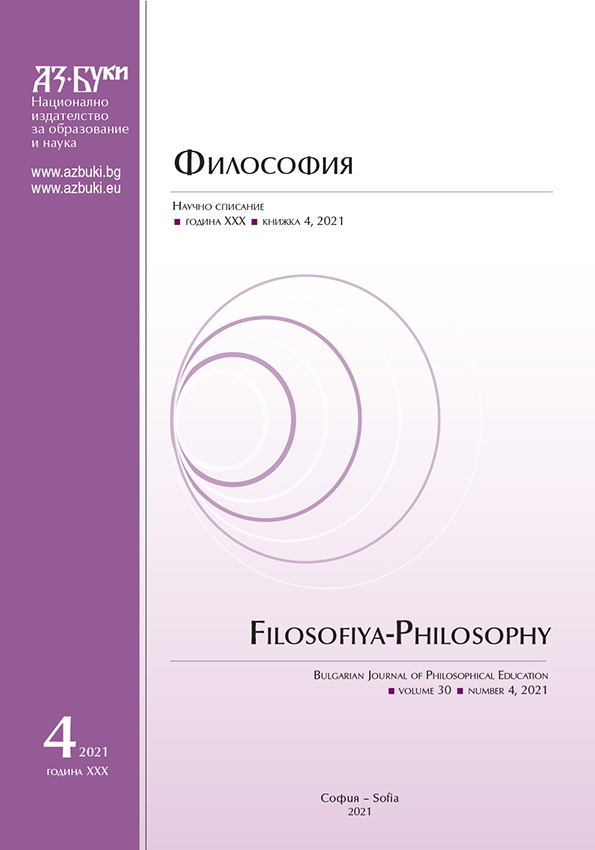Ontology of the Digital Culture: World Trends and Chinese Advanced Experience
Ontology of the Digital Culture: World Trends and Chinese Advanced Experience
Author(s): Denys Svyrydenko, Olena YatsenkoSubject(s): Philosophy, Social Sciences, Education, History of Philosophy, Philosophical Traditions, Non-European Philosophy, Epistemology, Logic, Social Philosophy, Special Branches of Philosophy, Sociology, Contemporary Philosophy, East Asian Philosophy, Philosophy of Science, Vocational Education, Adult Education, Sociology of Culture, Hermeneutics, Inclusive Education / Inclusion, Ontology, Distance learning / e-learning
Published by: Национално издателство за образование и наука „Аз-буки“
Keywords: culture; digital culture; communication; subjectivity; sociality; cultural heritage; Chinese culture
Summary/Abstract: The concept of digital culture defines a set of values, practices, and expectations regarding the format of human interaction in today’s online society. Predictions of digital culture describe the specifics of the online environment and the general context of social life. The range of interpretations of digital culture varies between two poles: from the recognition of digital technologies as a way of presenting libraries, museums, historical monuments, etc., to the concepts of digital culture as a new socio-anthropological reality, the content of which is not limited to ICT. Culture as a phenomenon means the semantic unity of human activity, the desire to format social life following ideas and values, the movement from existing to obligatory, from actual to potential, and digital culture is an adequate response to the demands and challenges. People worldwide change their placement of everyday activity, and we could admit such huge transformation in the Chinese People’s Republic exactly obvious
Journal: Философия
- Issue Year: 30/2021
- Issue No: 4
- Page Range: 359-371
- Page Count: 13
- Language: English
- Content File-PDF

